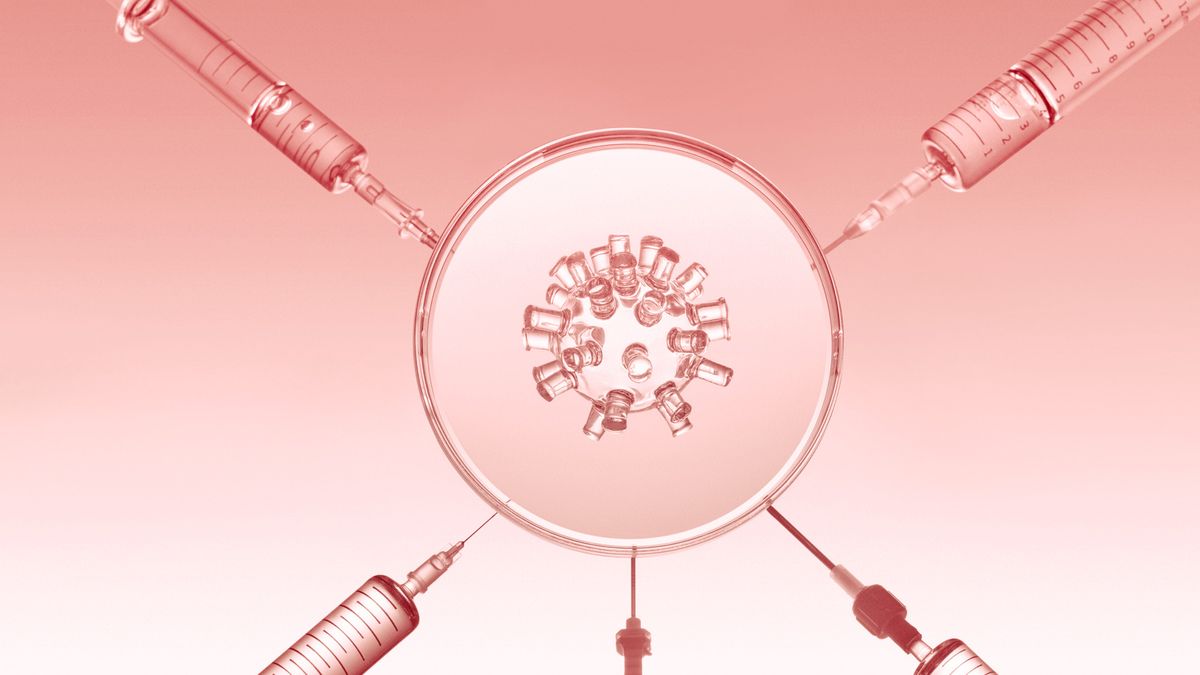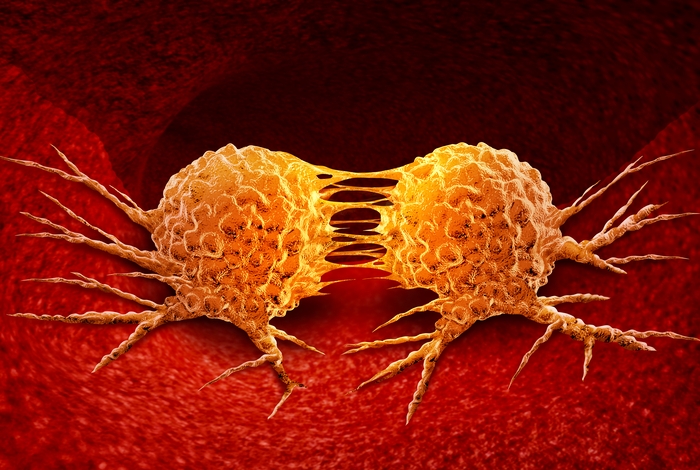14 Questions and Answers about HPV Vaccine Against Cervical Cancer
What is the HPV vaccine?
The vaccine against cervical cancer is called the human papillomavirus (HPV) vaccine.
Why get it?
– To prevent cervical cancer and other diseases caused by the HPV virus
– To prevent cervical cancer, which is the most common type of cancer in women
Who should get it?
– The younger the age, the better
– Most effective in the age group of 9 to 14
– Women can also get it as per the doctor's advice
Where is it available?
This vaccine can be given in private hospitals. Currently, the government is providing it free of charge through the vaccination program campaign.
Who is the free vaccine for?
– Girls from grades 6 to 10, and girls aged 10 to 14 if they do not go to school
When will the vaccination campaign start?
– It will run for 15 days from Magh 23 to Falgun 6.
Which company's vaccine is being given?
– Nepal is currently preparing to provide the Cicoline brand vaccine made in China.
How much should be administered?
– This vaccine is only given once.
How effective is this vaccine?
– It is claimed that this vaccine is 91 percent effective. It is 100 percent safe if administered before becoming sexually active.
Where can the vaccine be administered?
– It can be administered in government and private schools and nearby health institutions in all seven provinces.
Can it be administered individually?
– Women who are not covered by the vaccination campaign can go to a private hospital to get it.
How much does it cost?
– The price of the HPV vaccine in Nepal can range from 3,000 to 10,000 rupees in the private sector.
What happens if you don't get the vaccine?
– If you don't get the vaccine, you can get infected with the HPV virus and develop cervical cancer. Every year, 2,000 people die from cervical cancer in Nepal.
Isn't this vaccine for medical trials?
The HPV vaccine is a reliable vaccine being provided in Nepal under the cervical cancer prevention program in collaboration with the Ministry of Health and the World Health Organization.
One dose of HPV vaccine is enough
The government gave free HPV vaccine to girls against cervical cancer in Bhadra last year. 10,000 girls who have completed 14 years and have not completed 15 years were given HPV vaccine from central hospitals in all seven provinces. At that time, the vaccine was given in two doses.
But in the nationwide vaccination campaign that will be launched from 22 Magh on the occasion of World Cancer Day, only one dose is being given.
The World Health Organization has recognized three vaccines against cervical cancer, out of which the vaccine being given in Nepal is of the Cicoline brand made in China. The Cicoline brand vaccine was given last Bhadra as well.
But why was the vaccine dose reduced this time?
Dr. Abhiyan Gautam, who is the head of the Child Health and Vaccination Branch, said that the dose of the vaccine was reduced on the recommendation of the new research, guidelines and the Vaccination Advisory Committee. “Research has shown that even one dose works completely,” Dr. Gautam said, “The antibodies that should be formed after vaccination are the ones that are needed to protect the body from the virus.” It turned out that one dose did not make a difference.’
In this campaign, a total of 1.688 million 768 people, including girls from grades 6 to 10 who do not go to school, including girls aged 10 to 14, will be vaccinated. A total of 1.77 million 20 vials of vaccine will be received from Gavi for that. So far, 1.5 million vials of the human papillomavirus (HPV) vaccine used against cervical cancer have been received in three phases. The remaining two will arrive in a few days, according to the Department of Health Services.
The government is conducting a vaccination campaign from Magh 23 to protect girls from cervical cancer. The HPV vaccination campaign will run for 15 days (Magh 23 to Falgun 6). 18,900 schools have been designated as vaccination centers. 8,000 centers have been designated in health institutions other than schools.
Dr. Gautam said that 27,080 health workers, 54,160 volunteers, and 15,674 supervisors will be mobilized for the vaccination campaign. "We have planned to vaccinate girls at the school level from January," Gautam told Online News. "We also vaccinate children outside of school through health institutions."
The HPV virus is contagious and spreads easily. It is mainly transmitted through skin-to-skin contact.
According to doctors, the main reasons for the virus infection are getting married at a young age, having children at a young age, having many children, having children in a short period of time, having sex with many people, having unprotected sex, smoking and drinking a lot, and not paying attention to genital hygiene.
According to doctors, 80 percent of people are infected with HPV by the time they reach the age of 30 to 45. If women and men can get vaccinated before they come into contact with the HPV virus, it will give the best results. Because the vaccine prevents infection. But if the virus has already settled in the body, it cannot make it free from infection.
The HPV vaccine also protects against cervical cancer, anal cancer, throat and genital cancer. According to doctors, the HPV vaccine, if administered before sexual intercourse, provides 90 percent protection for life.
Doctors say that since HPV-related cancers may not show any symptoms in the early stages, vaccination and regular screening are necessary. Since the government is unable to easily provide the vaccine, private organizations have been importing and distributing the vaccine at their own expense. Therefore, women are forced to pay high fees for the vaccine.













